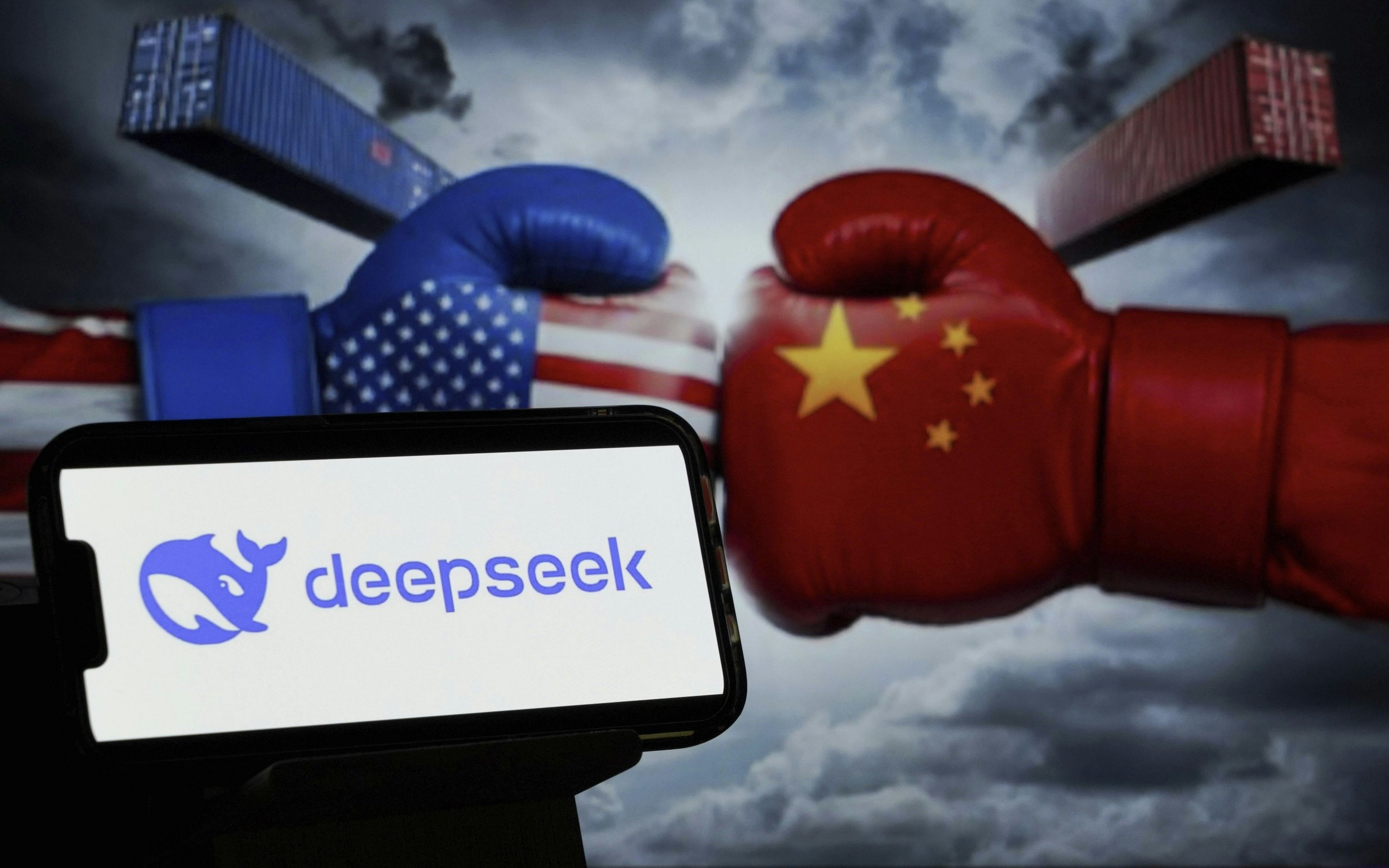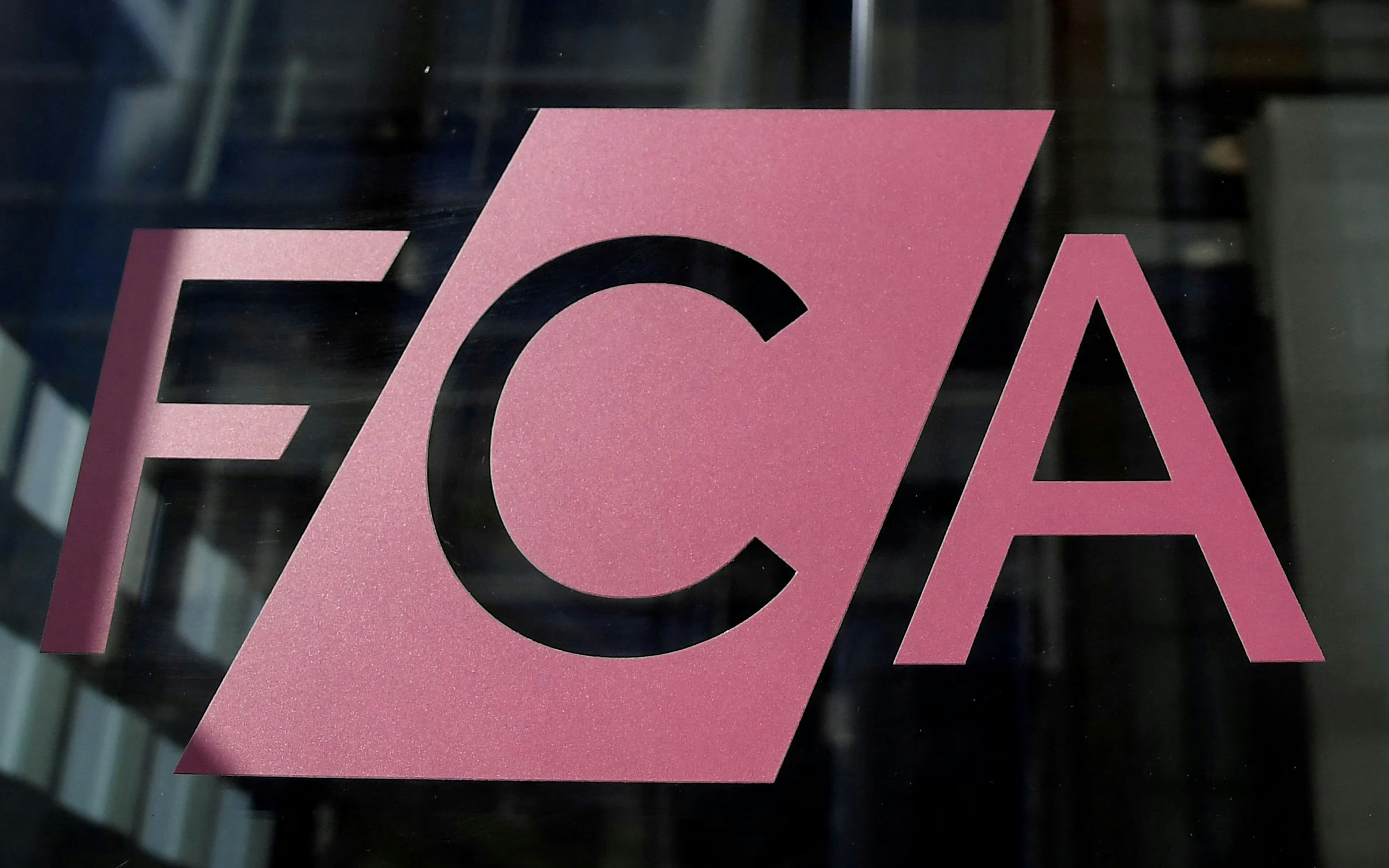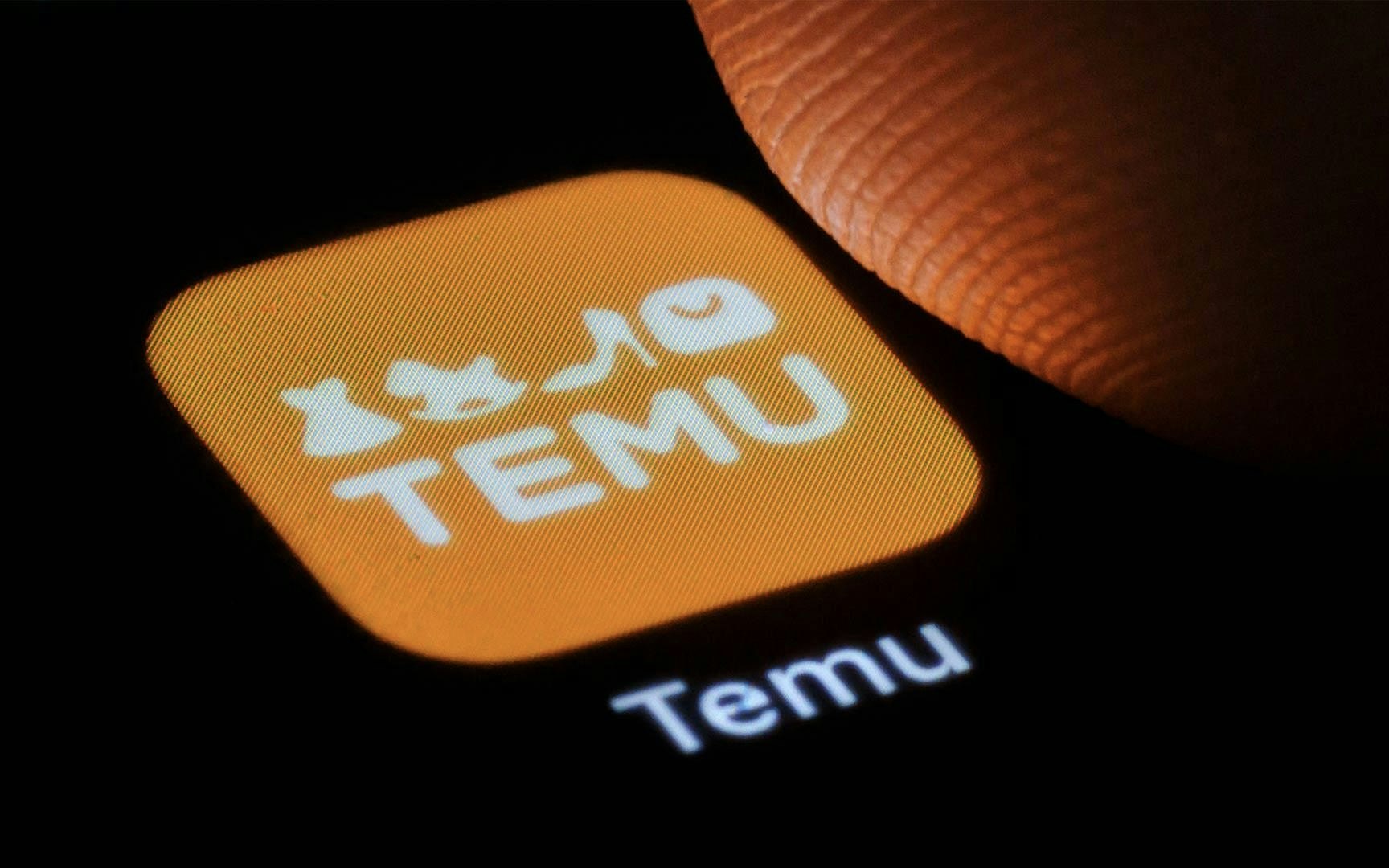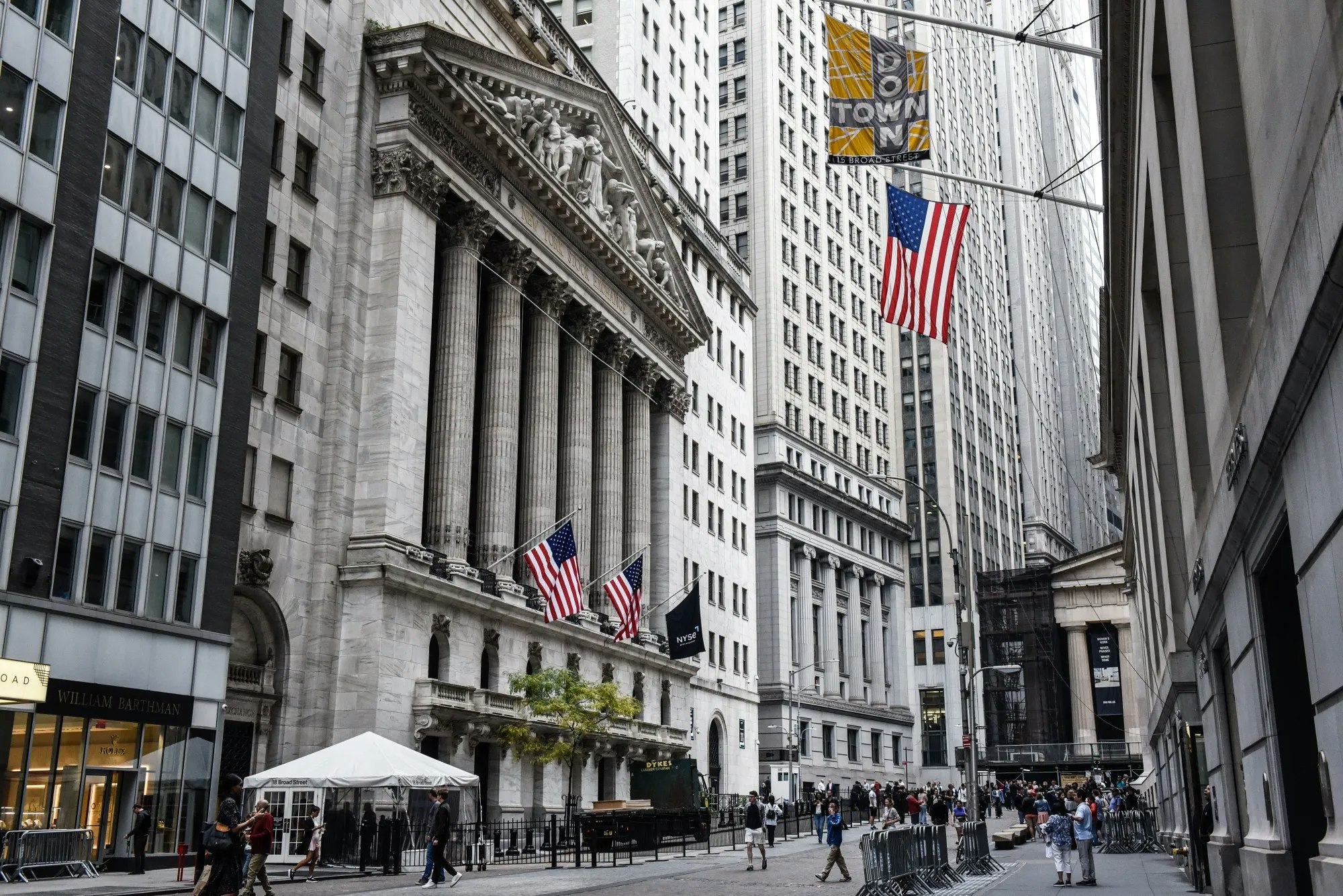DeepSeek has fundamentally changed the global race for artificial intelligence. The Chinese AI company has not only shaken up the domestic market with the open-source release of its Reasoning R1 model but also triggered a wave of global innovation. Unlike the proprietary models of Western tech giants, DeepSeek's AI is accessible to everyone – from researchers in São Paulo to startups in Stockholm and doctors in Nairobi.
The model relies on sparse neural network training, a method that significantly reduces computational power and energy consumption. This efficiency makes powerful AI technology accessible to broader user groups instead of restricting it to a few with significant capital. While Western companies like OpenAI keep their models under wraps and focus on maximum scaling, DeepSeek pursues an open approach that allows adaptation to local needs.
In China, the decision has triggered a chain reaction: Companies like Alibaba have already followed suit and released their own AI models as open source. This increases competition and arouses the interest of early-stage investors. The Chinese government feels validated in pushing forward its AI strategy with even greater confidence.
However, geopolitical uncertainty remains. The USA has already restricted the export of high-performance GPUs like Nvidia's H100 to China. Foreign investments are also limited by regulatory risks. If DeepSeek's success prompts Washington to take even tougher measures, it could further hinder global knowledge exchange. While hardware shortages can be circumvented, educational and research sanctions would pose a serious threat to technological progress.
Nevertheless: DeepSeek has proven that AI doesn't belong solely to tech corporations. Their open-source approach is reminiscent of Johannes Gutenberg's printing press, which democratized access to knowledge in the 15th century. Who owns AI is no longer crucial—what the world does with it is.





